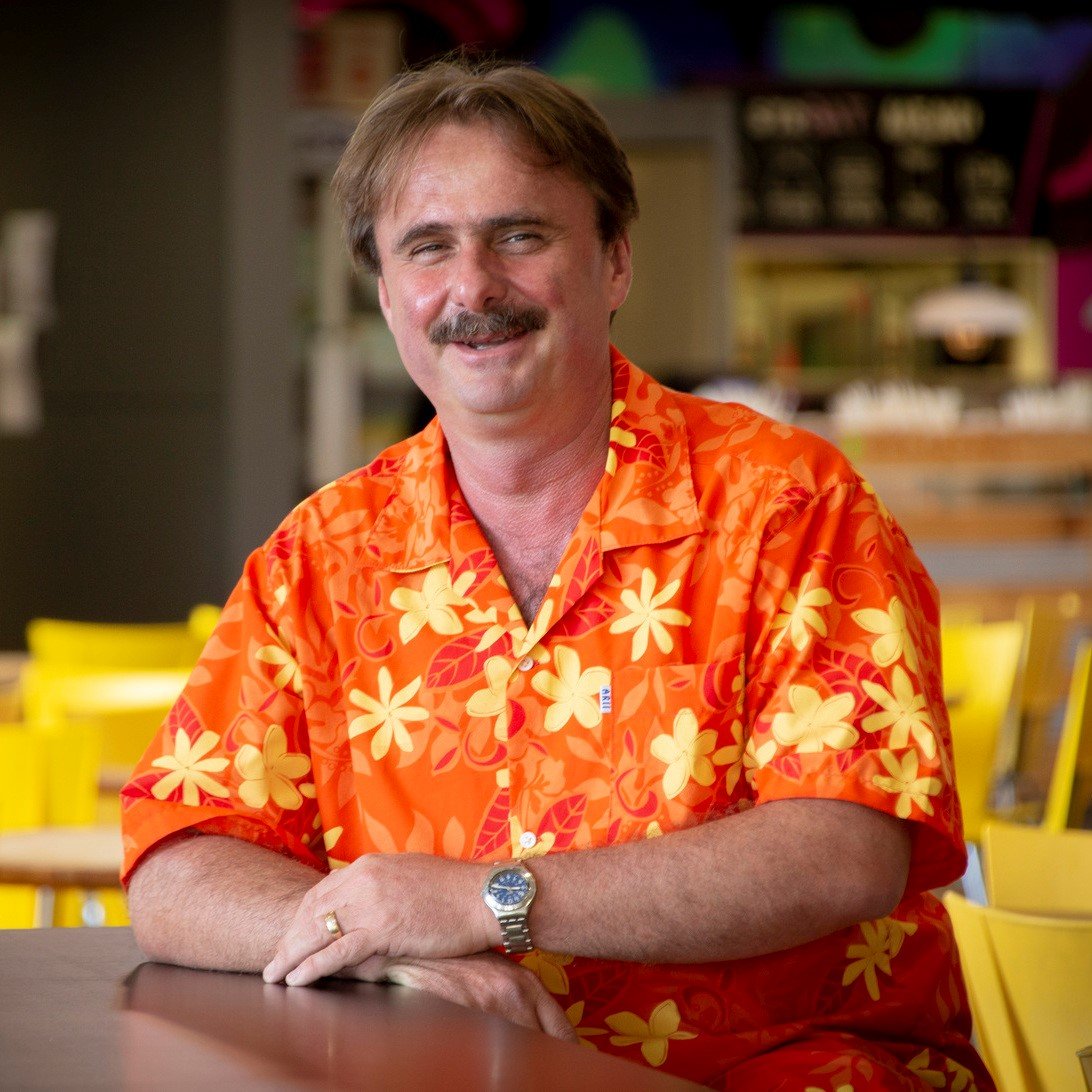
Journal Menu
► ▼ Journal Menu-
- Geosciences Home
- Aims & Scope
- Editorial Board
- Topical Advisory Panel
- Instructions for Authors
- Special Issues
- Topics
- Sections & Collections
- Article Processing Charge
- Indexing & Archiving
- Editor’s Choice Articles
- Most Cited & Viewed
- Journal Statistics
- Journal History
- Journal Awards
- Society Collaborations
- Editorial Office
Journal Browser
► ▼ Journal BrowserNeed Help?
Announcements
19 May 2021
Conservation | Meet our Editorial Board – Professor Károly Németh
This week we'd like to introduce you to Professor Károly Németh!
Károly Németh works as a Professor in Geology at the School of Agriculture and Environment, Massey University. His main research interests are monogenetic volcanism, volcano geology, natural disasters, geoheritage, geoconservation and geotourism.

In 2001, Professor Németh received his first Ph.D. degree in Geology from the University of Otago, Dunedin and his second in Environmental Science from the University of West Hungary in 2003. Here, he described the volcanic geoheritage and geotourism potential of the Plio-Pleistocene monogenetic volcanic fields of the Western Pannonian Basin in Central Europe.
During his PostDoc research, Professor Németh spent 3 years exploring mafic volcanism in the Vanuatu Volcanic Arc, before becoming a permanent research officer at the Massey University’s Volcanic Risk Solutions research group. This role later developed into a lecturer position, where he has teaching duties mostly in geology and geological mapping.
Alongside his work at Massey University, Károly Németh is an adjunct senior researcher at the Institute of Earth Physics and Space Sciences at Sopron, Hungary, and he spent a full year as an Associate Professor at King Abdulaziz University’s Geohazard Research Center, Jeddah, Saudi Arabia.
During his 20 years in research, Professor Németh has conducted geological studies all over the world, including but not limited to, New Zealand, Central Europe, South America and East Asia, where he developed strong research links with esteemed international institutions. Working alongside global scholars, he has published top scientific papers in leading peer-reviewed journals, magazines and books from every continent, even Antarctica!
Károly Németh has numerous publications on geoheritage and its geoconservation aspects (see his most recent publication here). Whilst working in geoheritage research, he helped establish the Commission on Volcanic Geoheritage and Protected Volcanic Landscapes, at the IAVCEI (International Association of Volcanology and Chemistry of the Earth’s Interior), where he was an elected executive committee member of the IAVCEI between 2011 and 2015.
Whilst Professor Németh is a research geologist focusing on problems in volcanic geology, in the past 10 years he has become a strong advocate for geoconservation. As he is a trained Montessori Teacher, with a pedagogical background, Károly Németh saw the value of Earth Sciences and geoeducation in tackling the challenges of planetary change that we face as humanity.
Now, as well as an active Editorial Board Member at Conservation MDPI, Professor Németh is also the current chair of the Geoconservation Trust Aotearoa, a non-profit organisation that promotes geoconservation activity in New Zealand and the SW Pacific.
We caught up with Professor Nemeth to gain some insight into the field of Conservation today!
What encouraged you to enter the field of Conservation?
"My own research on volcano geology made my strong interest in conservation. My research, particularly volcanic hazard related research, highlighted the importance of geoeducation in every level of the society to develop a resilience society against natural hazards and be ready to understand the Earth System. Such approach can help us to develop a sustainable society that learn to “live with the abiotic nature of Earth”. I have seen through my own research the rapid changes of the Earth’s surface and its geological heritage that vanishes in a fast speed. In this respect, I felt an urgent need to approach to the geological and geomorphological features and processes in a transdisciplinary way where a balance is find between the human society’s needs for natural resources and the respect and preservation of its abiotic heritage."
Which paper (if any) changed your outlook on the field of Conservation?
"I cant really point to a single paper, but can list several in the time of early 2000s when geoheritage research intensity increased and new research fields developed and evolved what we understand these days as geoconservation. I was particularly amazed of the fact how little has been done in the past decades to recognise, characterize and valorise the abiotic nature, and treat it as a natural stage where the biotic nature and human society operates. I was pretty much fascinated by the emergence of the concept of ecosystem services, and then when the same concept was applied to the abiotic nature and formed a concept of geosystem services. While I find these new approaches refreshing, I still think that a far more inclusive and transdisciplinary approach is needed to develop a fully functional and sustainable conservation strategy for geoheritage."
What advice would you give to young researchers/scientists looking to begin their career in Conservation?
"As being a trained geologist with significant research experiences to understand Planet Earth my recent venture to the field of geoheritage and geoconservation showed me the importance to actively look for the cross-discipline areas and be open alternative, sometimes unexpected tools and methods to sort things out. I think particularly in geoheritage and geoconservation research such transdisciplinary approach is the key to become an inter-connected researcher who would be able to identify and execute programs truly would make changes within conservation."
---
Journal Contact: Conservation Editorial Office (email) (LinkedIn)
Follow Conservation on Twitter: Conservation_OA.



